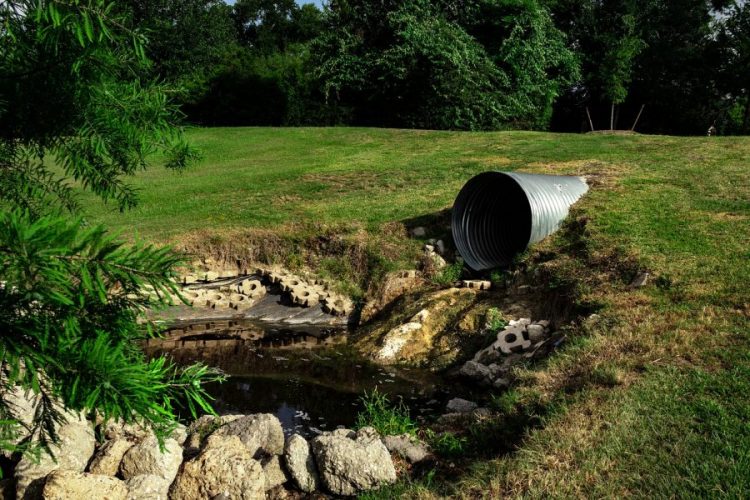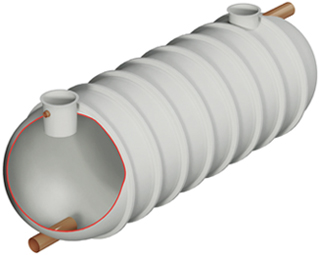A typical 4-person household generates around 400-500 litres of sewage a day. Sewage is made up of wastewater from our homes – specifically our appliances. Our baths, showers, toilets, washing machines, dishwashers and sinks are all responsible for sewage, and it’s not exactly a pleasant subject to think about. In this piece, the team at Wildon UK are going to look at the details of sewage and how it works.
Sewage is commonly associated with waste and rubbish, but it’s a little-known fact that sewage is 99.8% water.

Sewage sludge
It can be easy to get sewage sludge and sewage confused – after all, sewage can be sludgy. However, sewage sludge is actually the term for something else; it’s a semi-solid material that is a by-product of sewage treatment. Sewage sludge is what is left after raw sewage passes through various treatment stages – this treatment is designed to rid the sewage of disease-carrying organisms known as pathogens, as well as breaking down organic materials and removing solids.
Once this process is completed, the sewage sludge is often dried and then either disposed of via landfill, used as fertiliser for land, or combined with other materials to be sold as ‘biosolid compost’.
Harmful sewage
There are certain elements of sewage that can cause harm to humans, animals and the environment. A common cause of sewage issues is the disposal of items that shouldn’t be going down our drains – face wipes, sanitary products, condoms, and kitchen byproducts such as fats, greases and oils are often flushed down toilets and put down kitchen sinks. Non-biodegradable items such as these will have to be filtered out of sewage during an extra stage of pre-treatment. Furthermore, traces of pharmaceuticals, chemicals and metals can also often be found in sewage, posing a problem for reusing sewage sludge.
Flushing non-biodegradable items should be avoided at all costs: while they might disappear down the toilet or plughole, they can get stuck further down our drains, gradually forming blockages and fatbergs which can cause havoc. These obstructions can cause our drains to back up, which can eventually result in wastewater leaking into our properties – a disgusting and potentially harmful scenario.
Natural byproduct
Sewage sludge is an expected byproduct of wastewater and sewage treatment. If the correct steps and actions are taken by us in our homes and businesses, it can be disposed of safely and used to the benefit of our environment. If appropriate care is not taken with our drains though, the results can be disastrous for our environments and our health.
Wildon UK are leading drainage contractors and wastewater engineers operating in Stoke-on-Trent and across the UK. If you’d like to know more about our services, please get in touch with us today and we’ll be more than happy to help.
Go back to








